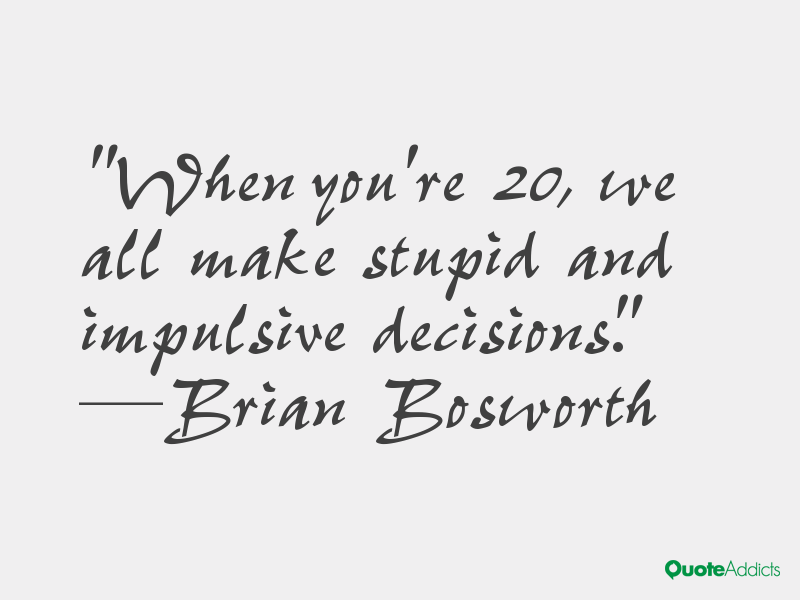
Treating the concurring issues is simply a matter of clearing the path for more accurate and successful treatment. It is important to fully understand that there is no set cure for BPD, and there is medication available to help treat the symptoms of the disorder. The medicinal management of these concurring issues is not only helpful it is typically seen as necessary in order to treat BPD. For instance, anxiety, depression, anger, and impulsivity can all be treated with medicine while the core issues of BPD are addressed without the debilitating distraction of the other issues. There is no prescription medication that can treat BPD, but sometimes prescriptions are used to help manage conditions that occur alongside BPD for better overall treatment. Among the most successful are MBT and DBT, but the key to a successful recovery is finding exactly what works for each person individually. Psychotherapy options like cognitive behavioral therapy (CBT), dialectical behavior therapy (DBT), mentalization-based treatment (MBT), transference-focused psychotherapy, schema-focused therapy, and general psychiatric management have all proven to be successful in treating BPD. Much of the work on BPD is done through psychotherapy. These numbers are incredible proof of a positive prognosis for BPD, which flies in the face of the common assumption that those who suffer from BPD are condemned to a lifetime of suffering with little, if any, improvement over time. 68.6 percent within six years of treatment, and.


Young Adults Transitioning to Independence.Understanding Mental Health Struggles & Diagnoses.


 0 kommentar(er)
0 kommentar(er)
